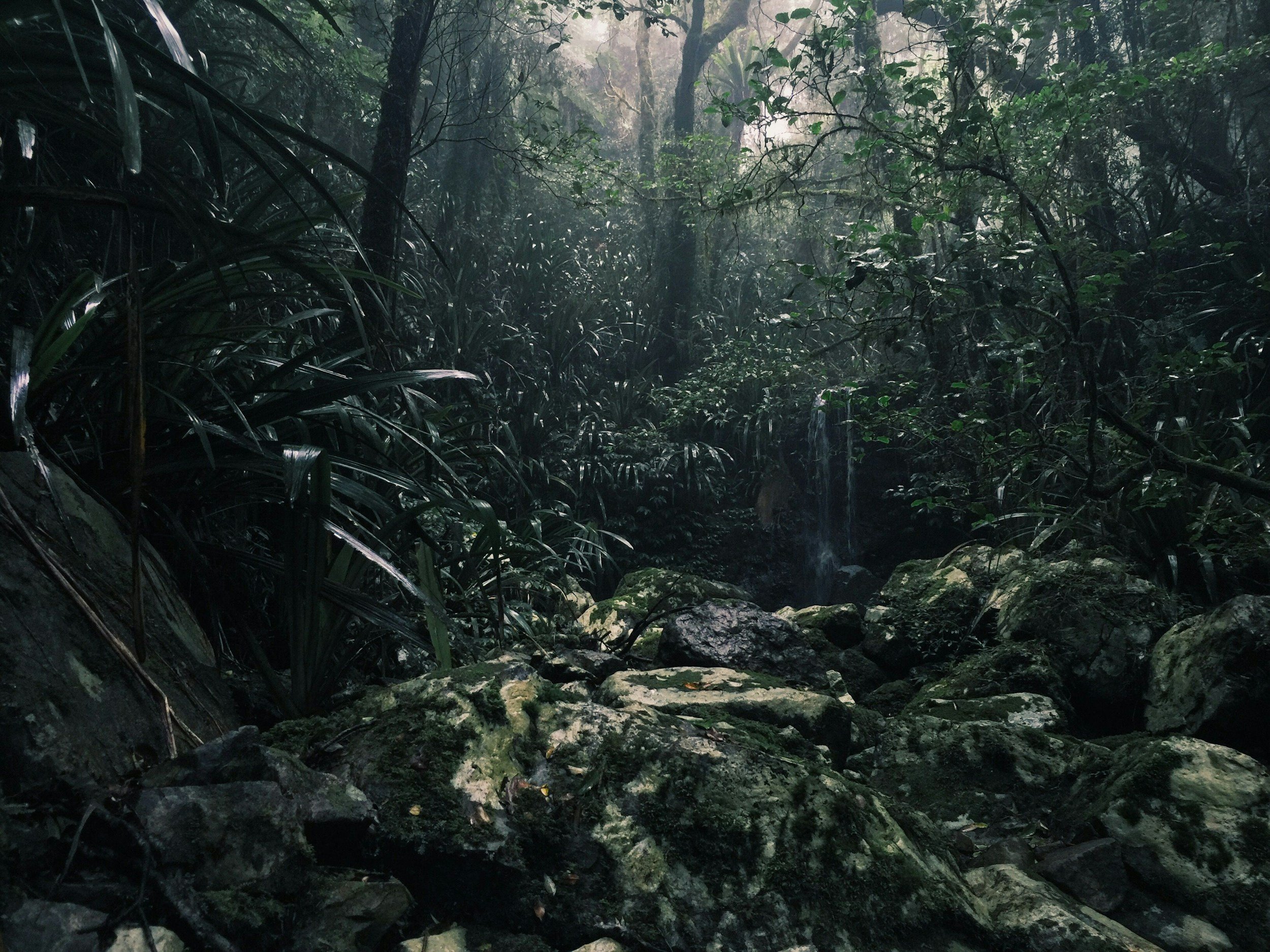
Mahi Washim
MSc Student
Northern Arizona University, School of Earth and Sustainability
Linkedin: Mahi Washim
Mahi Washim is a dedicated conservation biologist pursuing a Master’s in Climate Science and Solutions at Northern Arizona University (NAU). His academic journey began with a Bachelor’s and master’s in environmental science and management, laying the foundation for a career marked by impactful work in biodiversity conservation, climate change adaptation, and sustainable development.
With extensive professional experience at organizations like Deutsche Gesellschaft für Internationale Zusammenarbeit (GIZ) and the International Union for Conservation of Nature (IUCN), Mahi has also contributed to research projects funded by prestigious entities such as the National Geographic Society and the Rufford Foundation. His expertise spans diverse areas, including marine spatial planning, endangered species conservation, and greenhouse gas (GHG) inventories.
Mahi’s fieldwork has been instrumental in advancing species conservation efforts and sustainable management practices. His contributions include habitat risk modeling using InVEST, bird biodiversity monitoring, and critical habitat mapping for sharks, rays, and sawfish species. Additionally, he has hands-on experience with advanced conservation techniques such as camera trapping, satellite tagging, and collaring of endangered species across various regional projects.
Beyond his research, Mahi is a skilled educator, public speaker, and trainer. He has spearheaded community engagement initiatives, citizen science programs, and capacity-building workshops, empowering local communities and fostering collaboration. His technical expertise encompasses geospatial data analysis, machine learning, and ecological modeling, with proficiency in Python, R, GIS, and Google Earth Engine.
A passionate advocate for science communication, Mahi actively participates in global networks, including the Global Youth Biodiversity Network and the Society for Conservation Biology. He is committed to bridging the gap between science and society, driving sustainable solutions for biodiversity conservation and climate change mitigation.
When not immersed in research, Mahi enjoys engaging in citizen science activities, organizing outreach events, and exploring innovative intersections between technology and conservation.
